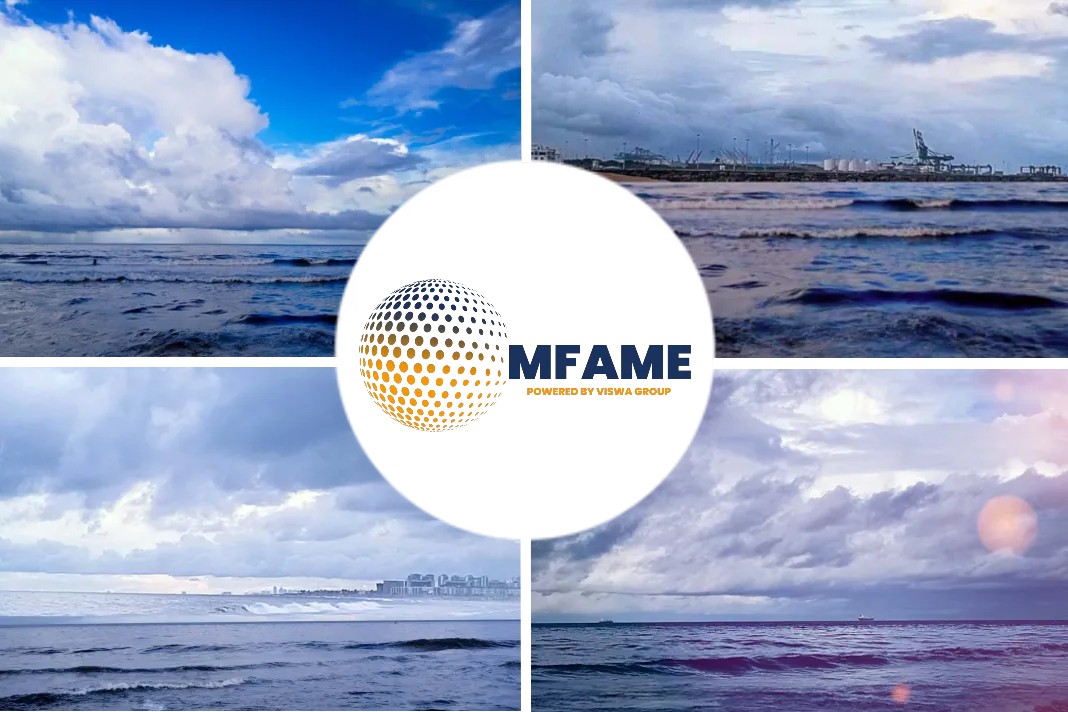Bimco’s panel of analysts showed mixed opinions on the possible impact of the 2020 sulphur cap at the shipping industry’s Posidonia gathering, stating the young shippers will survive the impact.
Retrofitting Small vessels
Valentina Vignoli, market analyst at Peninsula Petroleum, said the cost of retrofitting vessels with exhaust scrubbers can be impossible.
Shipbroker at Ursa Shipping Simon Ward noted that scrubbers might not be an appropriate choice for owners of smaller vessels. The price of fitting a Medium Range (MR) vessel with a scrubber is around $2mn, according to Ward, which may prove too high in comparison to a newbuild MR’s $14mn price tag.
Ward added that future regulatory measures — such as those targeting open loop scrubbers — could prevent shipowners from seeing a return on their investments should they adopt affected technologies.
VLCC benefits from the impact
Analyst at ship management company NS Lemos James Leake also had an optimistic outlook for shipowners opting for scrubber installations. He said that, depending on the prevailing spread between high and low sulphur fuels, Very Large Crude Carrier (VLCC) owners could get a return on their investments in eight to 12 months.
Leake said over half of the VLCC newbuild delivery book will have a scrubbers on arrival, or will be retrofitted with the device ahead of 2020. But the window of opportunity for retrofitting could quickly close, if compliant fuels become more available and the spread between high and low sulphur fuels narrows. Leake predicted shipowners will have “lost out” if they do not make back their investment within two years.
Bunker disruption
The reimposition of US sanctions on Iran is a potential source of problems for the bunkering industry, according to Vasilis. Sanctioned vessels will struggle to secure fuel, while producers will need to take care to ensure that Iranian product is not used in their supply chain, possibly disrupting availability in bunkering hubs such as Fujairah.
Complaint fuel shortage
Vasilis said there could be regional shortages of compliant fuel post-2020, but that larger ports would likely secure sufficient supply. The exact composition of compliant fuels remains unclear, but Vasilis said product tanker trade will benefit if the market moves towards distillate-based products. This could see increased tanker movements between regions where production is rising, such as China, to bunkering hubs like Singapore.
Scrapping of ships
Leake also warned that scrapping activity should be closely monitored. Unlike last year, around half of the ships marked for scrapping this year are not yet beached, and many were active in the market recently. An upturn in rates could prompt the return of some older vessels, according to Leake, but these ships would remain unattractive to the majority of charterers.
Brent-Petersen said crude tanker markets will firm to a “significantly stronger” level in the second half of the year as seasonal trends such as lower refinery maintenance will boost demand. But the market will remain cyclically weak in the near term, according to Brent-Petersen and Leake, as vessel supply continues to weigh rates.
Did you subscribe for our daily newsletter?
It’s Free! Click here to Subscribe!
Source: Argus Media
















